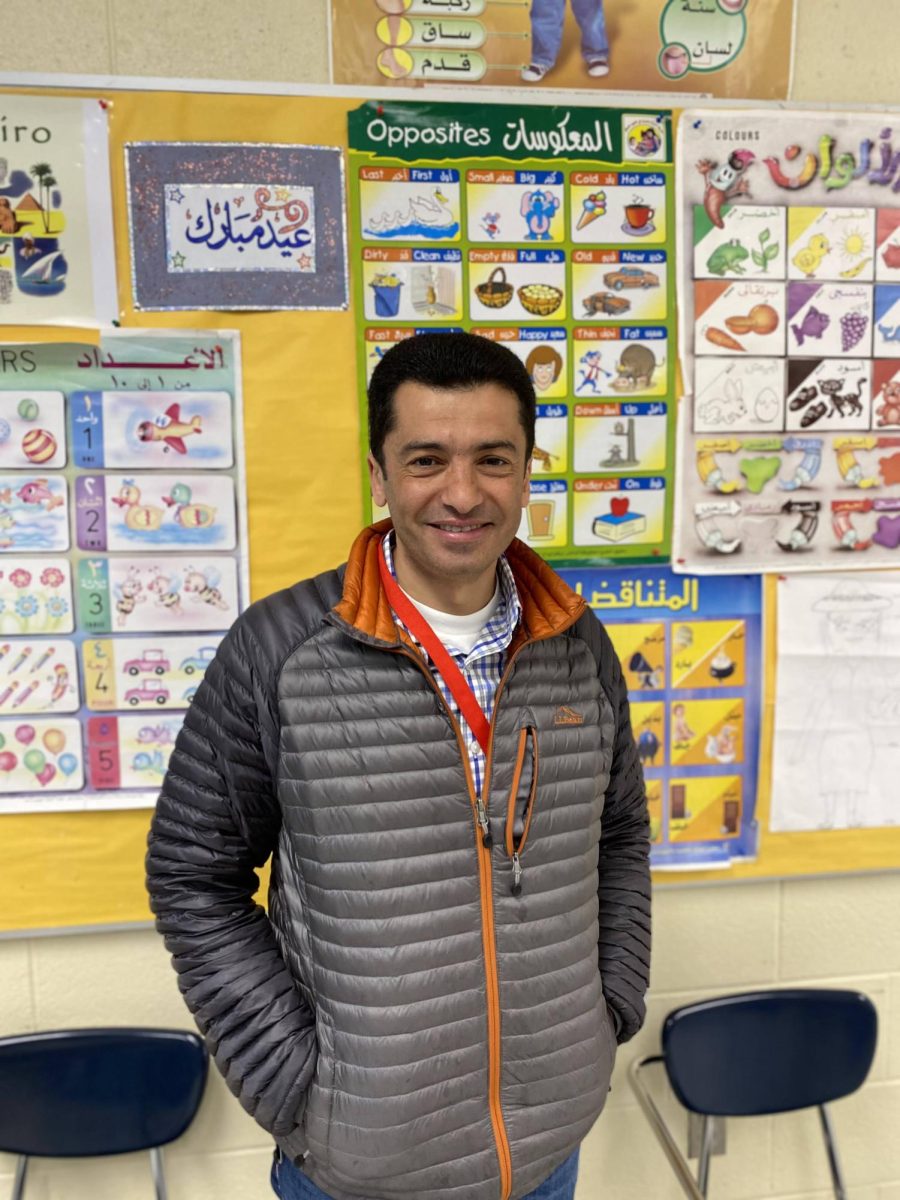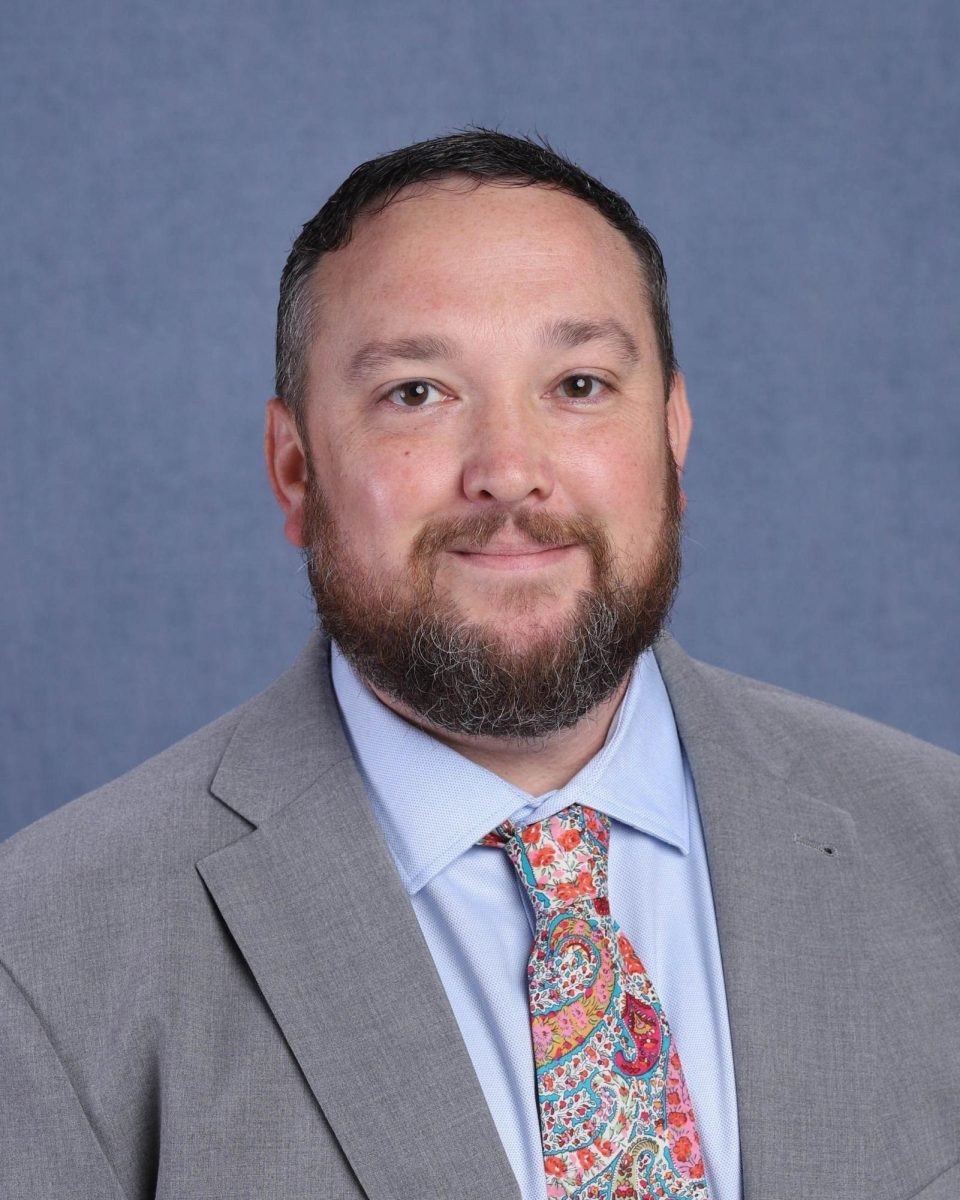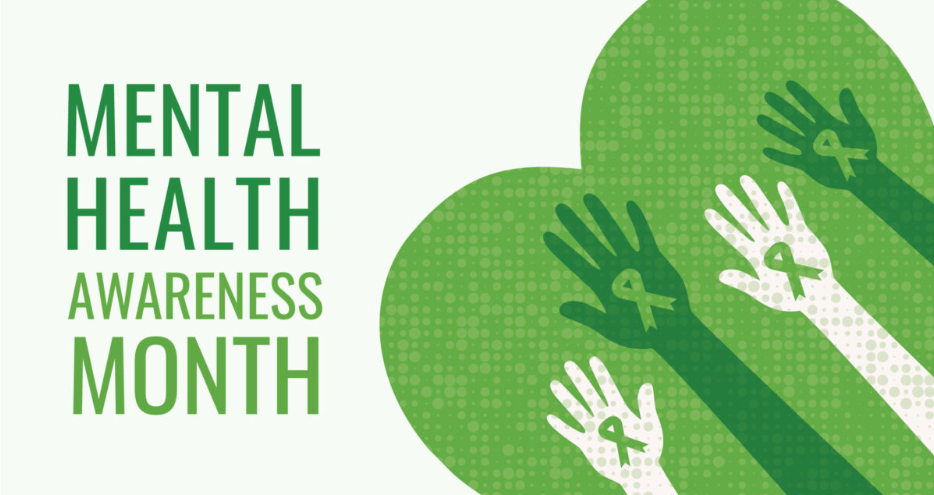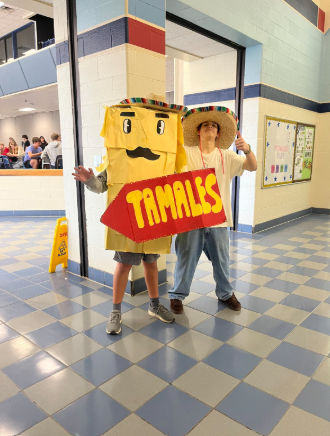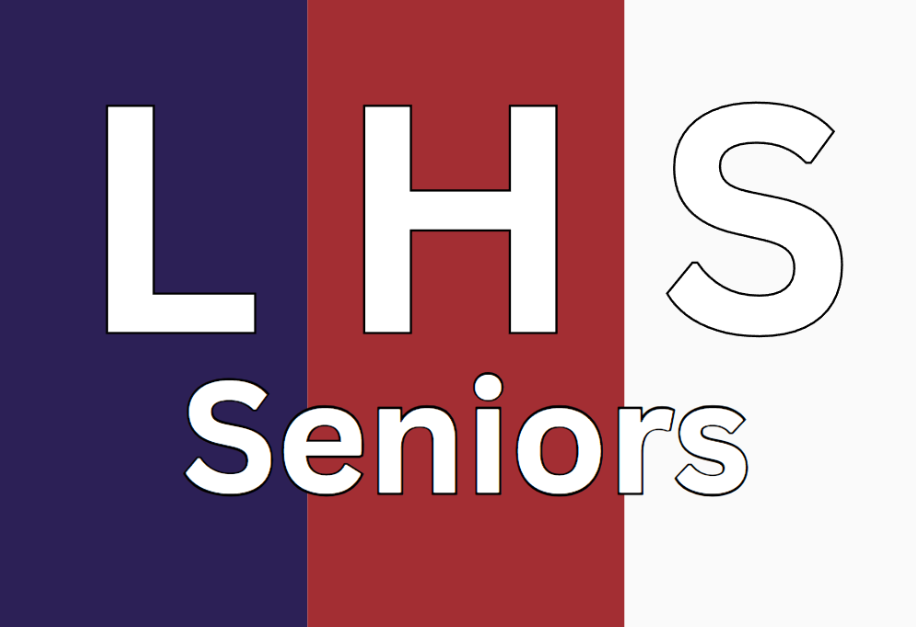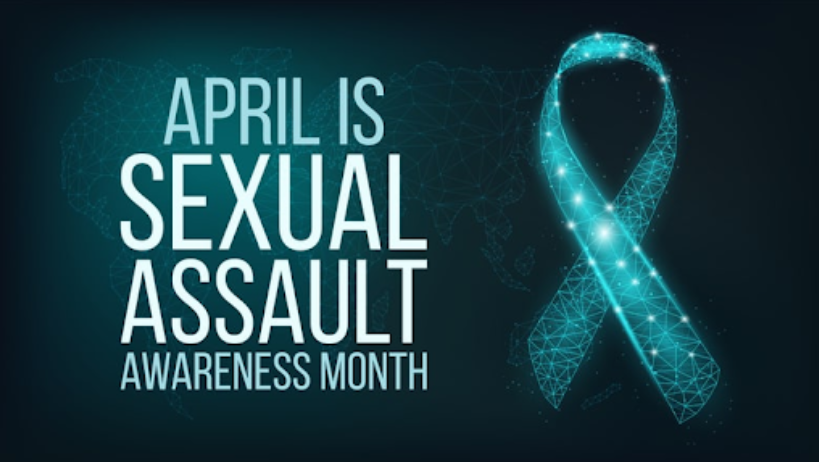Amgad El-Shewihy is an Arabic teacher at Liberty High School and has been teaching at the school for the past ten years. In addition to teaching at Liberty, El-Shewihy also teaches Arabic at Kettle Run High School for a portion of the day and is an active participant in programs that connect the community to foreign languages.
El-Shewihy first immigrated to the United States in 2009 and began his career in education with the STARTALK program. Throughout El-Shewihy’s time as a teacher with STARTALK, he managed to become a lead teacher which enabled him to grow as an educator. El-Shewihy was offered a position to teach Arabic at Liberty and Kettle Run in 2014 with a provisional license.
Long before Arabic was offered in Fauquier County, the language was taught through the Foreign Languages Exploratory Program (FLEX) and the STARTALK program. The STARTALK program was launched in 2006 and is funded by the National Security Agency. The key purpose of the program is to strengthen international relations and solidify national security.
“The purpose of the STARTALK program is to teach critical language skills to American students. Initially, it included Farsi, Urdu, Russian, Chinese, and Arabic. It was created to make note of America’s conflict with these countries, but to understand the culture and to prevent tragedies like 9/11 from happening again,” said El-Shewihy.
The STARTALK program is an outlet for American students who are interested in foreign affairs. Now, more than ever, different government agencies are looking for Americans who are proficient in Arabic language skills. There is a wide variety of opportunities available and learning Arabic is seen as a stepping stool for a growing economy in the Middle East.
“It’s beneficial for people who want to open a business, federal jobs, or the United States intelligence community. They’re looking for Americans who can speak Arabic. It’s in high demand and it’s very fun,” said El-Shewihy.
Initially, STARTALK was only offered as a summer program. The only other option is the FLEX program, which is only available once a week for elementary school students. Minimizing the frequency of lessons to once per week makes retaining knowledge a strenuous process. Eventually, parents realized the importance of teaching their children Arabic and pushed for schools to officially offer Arabic classes.
“In the beginning, it was similar to a summer camp or daycare. Then, parents started to understand the importance of the language and started to push for these languages to be in public schools. The reason we have Arabic in school is because of the STARTALK program” said El-Shewihy.
After a year-long negotiation with the school board, Arabic was successfully integrated into the foreign language department in 2013. Arabic has been steadily growing in popularity with students due to its increased demand in the workforce and the inclusive learning environment provided in the classroom. A large number of students taking Arabic enroll in the course to pursue a career in cybersecurity or with a government agency.
“Arabic is extremely helpful academically. In terms of communication skills, it’s a good language for a career in cybersecurity, which is the route I’m taking,” said junior Ali Bokhari.
While some students took the course to get a head start in their careers, other students took Arabic to immerse themselves in the culture.
“I took Arabic because ever since I was really little I’ve always been fascinated by the language and curious to learn anything I could about Middle Eastern and North African culture. Coming into the class sophomore year, I already had a sharp grasp on many cultural concepts and was well-versed in a lot of information. It was so rewarding to finally be able to see the bigger picture and fully immerse myself in the language,” said senior Christian Jordan.
Arabic has a reputation for being a difficult language to learn, but students who have taken Arabic with El-Shewihy strongly oppose this misconception.
“I think the classroom itself is a very nice environment to be in. Amgad makes it easy for you to immerse yourself in the culture while you’re learning and that makes it fun and easier to learn,” said junior Shahd Al Hawi.
Many students come into the class with clouded judgment or a lack of understanding of the importance of such a high-demand language. Learning Arabic may allow students to open their minds to the potential greatness that the language has to offer.
“There’s a lot of misunderstanding about the language and the people that speak it. I enjoy seeing how this course changes any previous beliefs they had about the language,” said El-Shewihy.
Even if students do not have an interest in a federal job, Arabic provides students with a basic premise of other cultures. Arabic is a great way to learn communication skills and gain knowledge about different cultures. This knowledge can be extremely beneficial for students who are interested in traveling.
“For me, learning Arabic was always much more important than solely personal fulfillment. I have always had the dream of visiting every single Arabic-speaking country in the world and I still plan on living up to that. After I get my degree, I plan on working in Saudi Arabia and Libya for a couple of years. Being proficient in Arabic will significantly make a difference when I am in those environments,” said senior Christian Jordan.
Taking advantage of the opportunity to take Arabic in high school provides students with greater career opportunities, an understanding of cultural differences, and communication skills. El-Shewihy highly encourages students to take Arabic courses as the benefits are astounding.
“Students come into this class thinking it’s the most difficult language to learn, which isn’t true at all. Don’t be scared, try it, and it will open your mind. There are over 20 countries that speak the language and over 1.7 billion people who speak it as a second language for a religious reason,” said El Shewihy.

